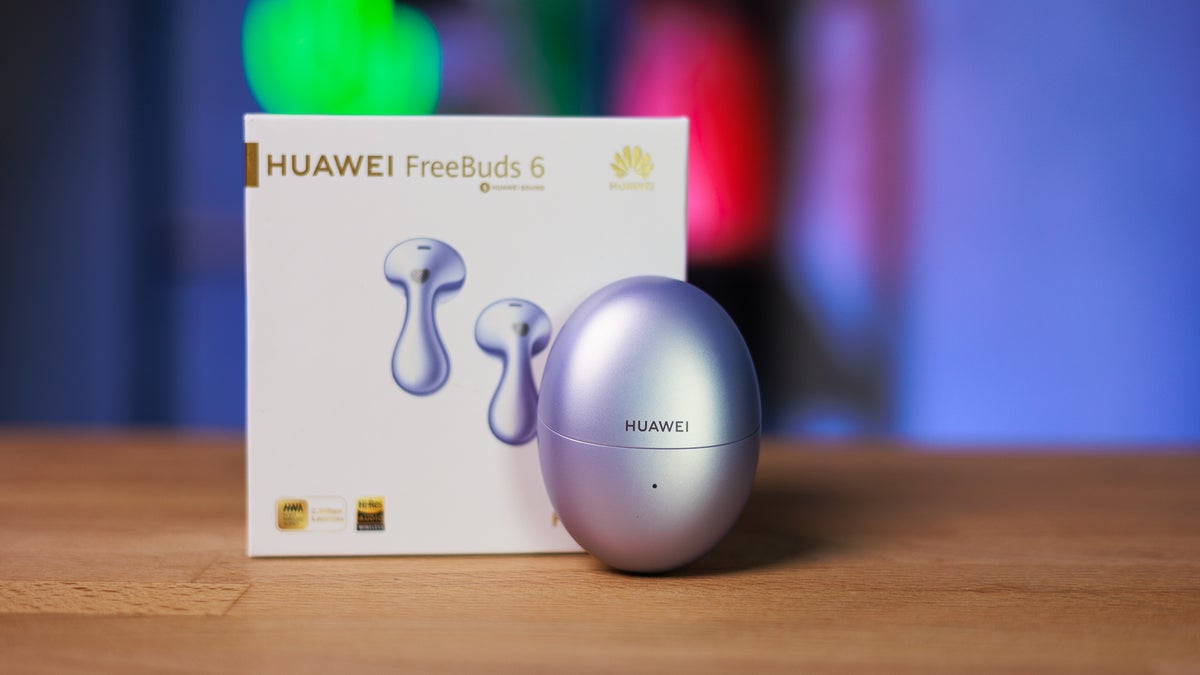Local smartphone brands lose shine in Zimbabwe, SA
.jpg?width=1280&auto=webp&quality=80&format=jpg&disable=upscale)
(Source: Image by freepik)
South Africa and Zimbabwe's local mobile manufacturing industry is losing prominence due to issues with affordability and durability as consumers turn to renowned global brands such as Apple, Huawei and Samsung.
In 2007, Ridhwan Khan founded Mobicel in South Africa offering low-cost mobile devices costing from US$7 for a feature phone and US$25 for a smartphone.
In 2011, Chamunorwa Shumba and Cheryl Shumba founded Gtel in Zimbabwe which had a similar pricing model to Mobicel for its phones.
Though Gtel and Mobicel made a positive consumer impact in their respective local markets at first, they have failed to live up to the expectations of consumers who have returned to renowned global mobile brands.
By 2016, Mobicel had replaced its local rival AG Mobile, which was launched in 2007 and had almost 10 illustrious years before filing for liquidation in early 2017.
Since its inception, Mobicel has partnered with local retail outlets and network providers who tend to offer flexible payment options and incentives – such as free voice minutes, SMS and data – especially if the phone is purchased on credit.
However, unlike Mobicel, Gtel doesn't use retailers or local network providers to market and sell its phones. Instead, it has its own outlets in all of Zimbabwe's major cities and credit or lay-by options are primarily reserved for those in formal employment, particularly civil servants.
Related:Zimbabwe adapts to use technology in agriculture
Gtel's main rival Astro Mobile, which started operations in 2013, also failed to maintain its presence and dominance in the Zimbabwean market which saw its operations ceasing in 2019 but a reemergence in 2024. However, it is yet to reach the marketing prowess it had about a decade ago.
Nevertheless, both Gtel and Mobicel seem to be heading in the same direction as AG Mobile and Astro Mobile as their prominence has seen a sharp decline particularly in the past five years.
According to App Development Ninjas, Samsung devices and Apple iPhones are still the most sought after smartphones in South Africa due to their appealing features.
"Consumers are increasingly becoming tech-savvy, seeking devices that offer the best combination of performance, quality, and price. This shift has led manufacturers to innovate continually, introducing features like foldable screens and AI-driven functionalities," the South African mobile app development firm said via a blog post on its website.
App Development Ninjas said that while Samsung devices and iPhones are the dominant smartphones in the South African market, there is still room for local mobile brands to change the tide.
"With technological advancements and changing consumer preferences, brands that can offer innovative features at affordable prices are likely to gain more traction. The role of local smartphone manufacturers should also not be underestimated, as they understand the unique needs of South African consumers, they may introduce devices that are better tailored for local preferences, potentially reshaping the market dynamics further," added App Development Ninjas.
Tafadzwa Machamire, founder of KAM Technologies, believes that the reason why Gtel and Mobicel are failing to have customer loyalty is primarily due to the quality of the phones and a lack of marketing.
"They are not durable and parts such as batteries, shutter and tempered glasses are difficult to replace. When they were first brought into the market they were expensive and their pricing was more or less the same like reputable brands such as Samsung or iPhone, so there is need to invest in robust marketing such as billboards and social media influencers," Machamire told Connecting Africa in an interview.
The endurance of Gtel and Mobicel – in the midst of turbulent times and in an industry where international brands are releasing phones on an annual basis, including low-cost devices – shouldn't go unnoticed.
However, though these brands are hanging on, their existence in the next decade seems to be highly questionable particularly due to consumers' perception about their products.
"To some extent, locally manufactured brands have managed to bridge the digital divide because of their low-cost smart mobile phones such as the Gtel Vivo Plus which goes for US$50," said Josephine Chinake founder of Girls in Tech Zimbabwe.
Chinake told Connecting Africa that there was urgent need for the government of Zimbabwe to resuscitate the industrial sector because importing finished products was taking a toll on the local market.
"Truth be told, our manufacturing industry is dead, as a result, much of the manufacturing and assembly is done in China which affects pricing. We need to revive our industry and economy, because this will lessen the cost. Instead of getting everything from China, if we manufacture everything that is used in a mobile phone it would definitely lessen the price and attract more consumers," Chinake added.

While locally manufactured smartphones have lost prominence over the past few years there is still room for the tide to change. (Source: Image by senivpetro on Freepik)
Machamire said there is need for local manufacturing companies to engage with small and medium enterprises (SMEs) rather than sticking only with renowned retailers.
"There is need for these local mobile brands to engage with retailers like us, by giving us their phones at zero deposit, we [can] push their brands and in return they get recognition, but I think it's only doable and achievable if they decide to partner with us," Machamire explained.
He said there are times when a customer comes looking for a reasonably priced phone, regardless of the brand, and that is where local mobile brands have an opportunity to become more relevant.
Machamire also queried regulatory intervention, noting that it wouldn't deter consumers from purchasing non-local brands.
"Government intervention in Zimbabwe is not necessary because the local market is extremely stubborn. Even if taxes were to be raised for imported phones, people would still prefer renowned mobile phone brands such as Samsung, iPhones and Huawei," he said.
"For me, there is need for rigorous marketing as I have highlighted before which includes affordability, durability and ease of access to replacements, that would be much better than government intervention," added Machamire.
In 2019, a smartphone factory was opened in Durban, South Africa, courtesy of the Rwandan made Mara Phone.
However by 2022 the company faced financial difficulties and the almost US$90 million factory was auctioned for a fraction of its worth.
The failure of the Mara Phone in South Africa was largely attributed to pricing, poor market research, lack of technical support and high expectations, a paradigm that is synonymous with several locally manufactured phones.
Furthermore, renowned mobile brands such as Samsung and Huawei have outlets that not only offer phones but also technical support in South Africa and Zimbabwe.
Emerging Chinese brands such as Tecno and Oppo also have manufacturing, distributing and retail outlets across many African countries, further stifling growth for locally manufactured phones.
Although there is great potential for locally manufactured phones to gain a share of the market or even dominance, there is a need for a different approach when it comes to market penetration.
This includes engagement with SMEs, reduced pricing, technical support and constant market research.









